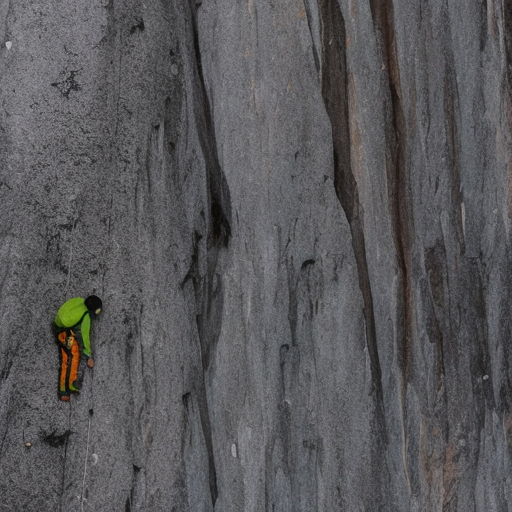The Summit of the Gods by Patrick Imbert: A Gripping Tale of Obsession and Adventure
Main Cast and Crew:
- Director: Patrick Imbert
- Writers: Jean-Christophe Grangé (novel), Taro Yabe (screenplay)
- Key Actors: Hiroshi Abe (Makoto Fukamachi), Shôhei Hino (Habu Jôji), Ayumu Murase (Ryôichi Fujii), Jun’ichi Suwabe (Jôji Habu), Masako Nozawa (Jôji Habu (voice)), and Natsuki Hanae (Makoto Fukamachi (voice))
- Music Director: Yasutaka Nakata
- Director of Photography: Patrick Imbert
- Producers: Taro Yabe, Akihiro Yamauchi, and Tetsuji Hayashi
Plot:
“The Summit of the Gods” follows the journey of Makoto Fukamachi, a freelance photographer, who becomes obsessed with uncovering the truth behind a mysterious photograph. The picture, taken by renowned mountaineer George Mallory during his ill-fated 1924 expedition to Mount Everest, may hold the key to solving one of mountaineering’s greatest mysteries: Did Mallory and his partner, Andrew Irvine, reach the summit before perishing on their descent?
Fukamachi’s quest leads him to cross paths with Joji Habu, a legendary mountaineer who possesses invaluable information about Mallory’s final climb. Reluctantly, Habu agrees to guide Fukamachi on an arduous journey to Everest, where they face treacherous terrain, extreme weather conditions, and their own personal demons.
As they ascend the mountain, Fukamachi and Habu form an unlikely bond, sharing stories of their pasts and confronting their fears. Along the way, they encounter other climbers, each with their own motivations and dreams of conquering Everest. The film skillfully weaves together their individual narratives, exploring themes of ambition, sacrifice, and the human desire to push boundaries.
Themes and Motifs:
“The Summit of the Gods” delves into the themes of obsession, determination, and the pursuit of the unknown. It explores the fine line between passion and madness, as Fukamachi risks everything to uncover the truth about Mallory’s final climb. The film also examines the allure of mountains and the spiritual connection between humans and nature. Through breathtaking visuals and introspective moments, it invites viewers to contemplate the meaning of life and the limits of human achievement.
Reception and Legacy:
Upon its release, “The Summit of the Gods” received critical acclaim for its stunning animation, gripping storytelling, and emotional depth. It was praised for its ability to capture the essence of mountaineering and the psychological toll it takes on climbers. The film won several awards, including the Jury Award at the Annecy International Animated Film Festival and the Best Animated Film Award at the Mainichi Film Awards.
“The Summit of the Gods” has left a lasting impact on the world of animated cinema, showcasing the potential of the medium to tell complex and thought-provoking stories. It has inspired a new generation of filmmakers to explore unconventional narratives and push the boundaries of animation. The film’s exploration of human ambition and the pursuit of the unknown continues to resonate with audiences, reminding us of the power of the human spirit.
Recommendation:
“The Summit of the Gods” is a must-watch for adventure enthusiasts, animation lovers, and anyone fascinated by the human drive to conquer the impossible. With its breathtaking visuals, compelling characters, and thought-provoking themes, the film offers a unique cinematic experience that will leave viewers captivated from start to finish.
Memorable Quote:
“Mountains are not stadiums where I satisfy my ambition to achieve, they are the cathedrals where I practice my religion.” – Anatoli Boukreev












